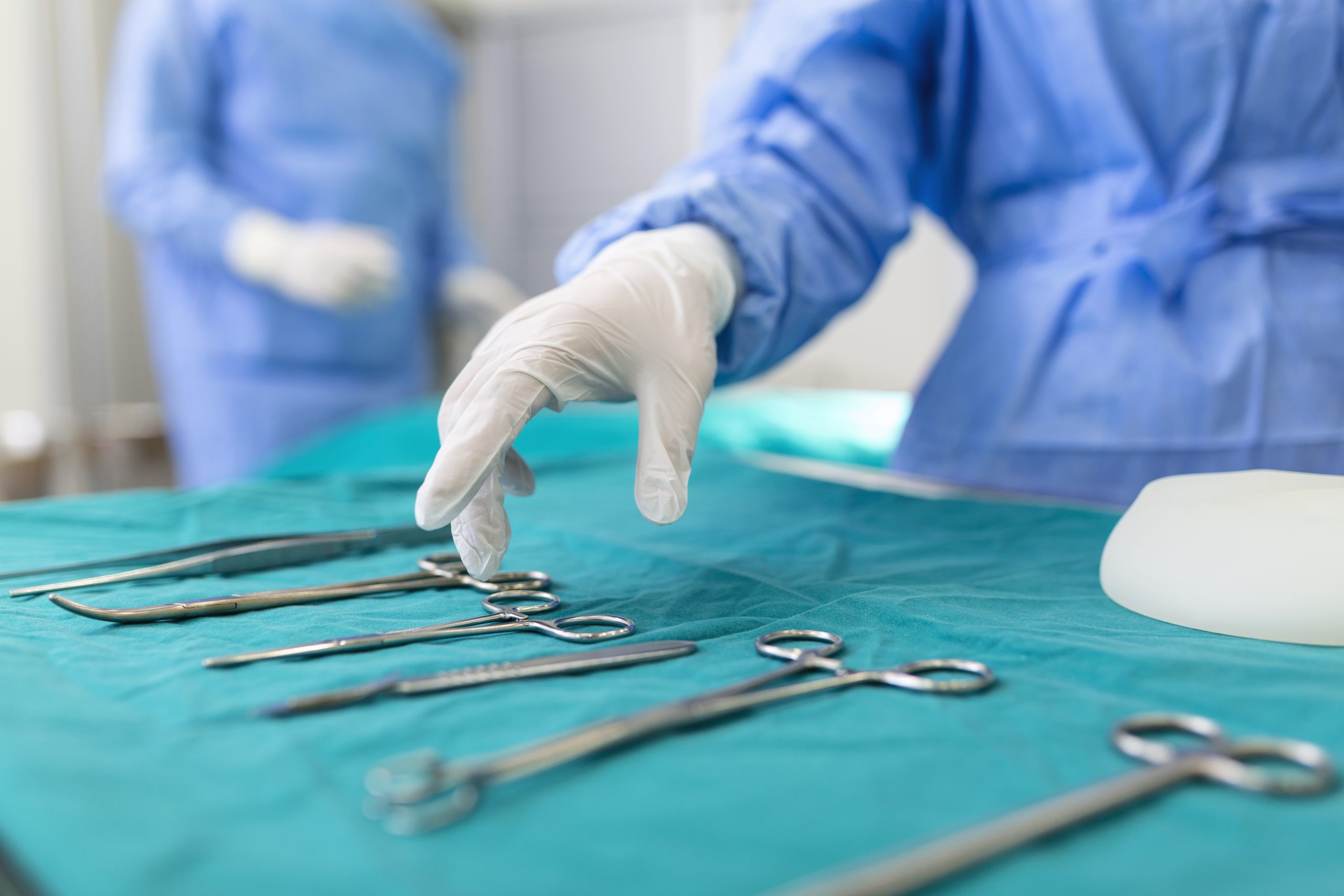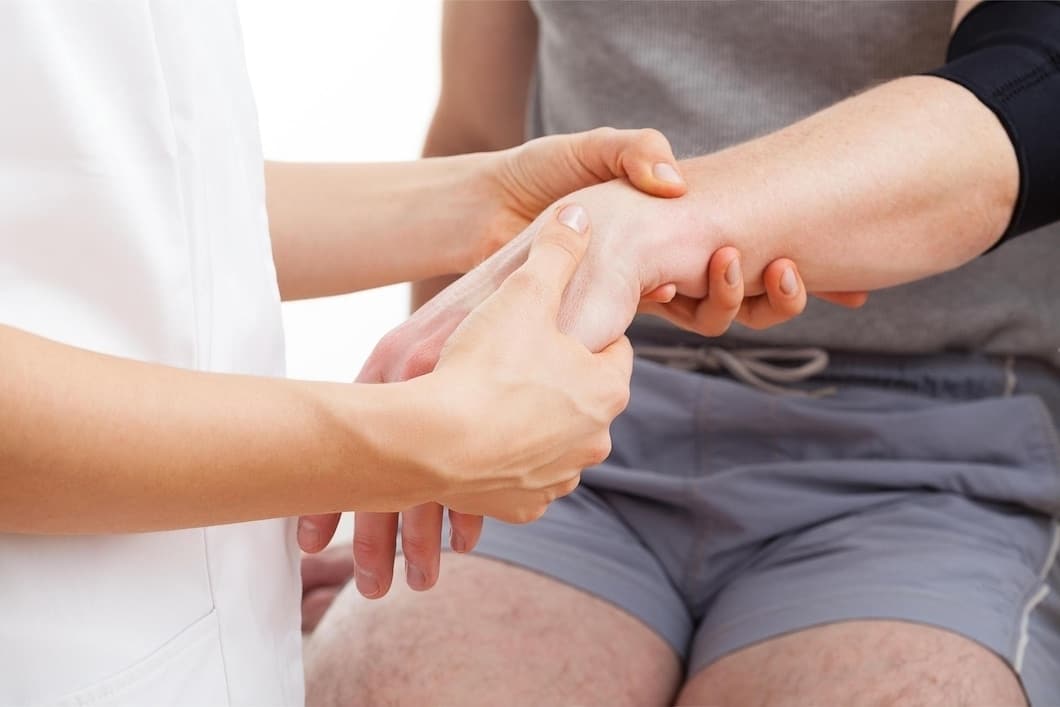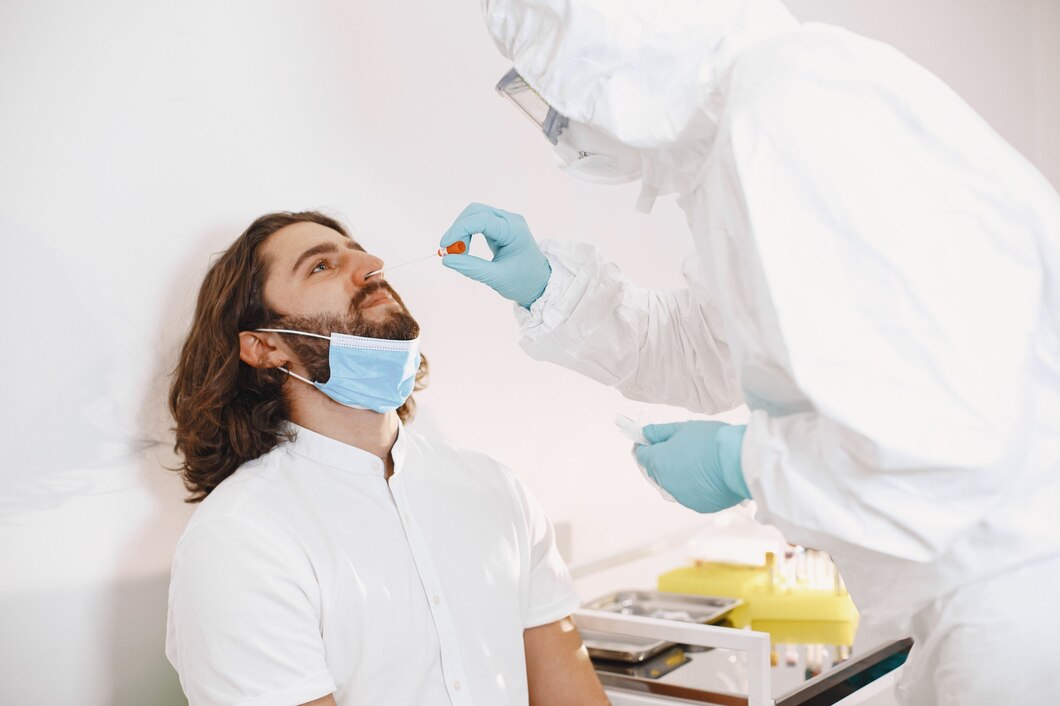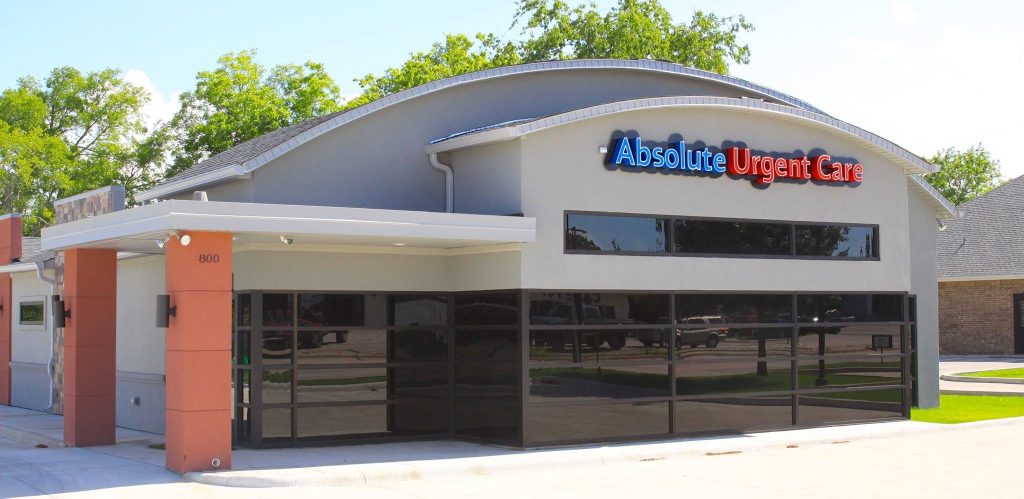I have found that urgent care can make all of the difference for someone that does not have a life-threatening condition. Patients are surprised to learn that there are minor surgical procedures that can be done in these environments. Knowing when such procedures are needed can empower you to make informed choices about your health care.
What Constitutes a Minor Surgical Intervention?
Minor surgical procedures are interventions that can be performed safely under local anesthetic without the need for general anesthesia. These procedures usually carry a low risk and allow for a short recovery time. Common examples include:
- Laceration and Wound Repair: Closing up cuts or tears in the skin with stitches, staples or adhesive strips.
- Abscess Incision and Drainage: to drain pus from an infected area to allow it to heal.
- IngrownToenail Removal: The removal of the ingrown part of a toenail to relieve pain and prevent infection.
- Foreign Body Removal: Removal of foreign objects embedded in the skin or soft tissue
- Skin Growth Removal: Removal of warts, cysts, or skin tags that are considered to be bothersome or cosmetic.
These procedures are essentially intended for problems that are not necessarily life-threatening for the time being and need to be dealt with to avoid more serious complications.
When Is Minor Surgical Intervention Necessary in Urgent Care?
Whether a minor surgical procedure needs to be performed in an urgent care setting relies on certain variables:
- Severity of the Condition: If you have a deep laceration that is bleeding heavily or won’t close, you should seek urgent care to get your wound repaired.
- Infection risk: High risk of infectivity such as abscesses or infected ingrown toenails Prompt incision and drainage can spare subsequent maladies.
- Pain Management: Chronic pain due to conditions like ingrown toenails or foreign objects embedded in the skin can be relieved with minor surgical procedures.
- Functional Impairment: If a condition makes it hard to go about your daily life — a cyst that limits your range of motion, for example — it makes sense to have it removed at an urgent care to find relief.
- Avoiding Frustrating Emergency Room Experiences: Urgent care is a less stressful and less expensive option for receiving treatment for your minor surgical needs than an emergency room, particularly for non-life-threatening concerns.
You need to evaluate how urgent and what your condition is. However, many of these procedures can be safely performed in the office by an urgent care physician, and your wait is usually shorter than what you would experience in an emergency department.
Common Minor Surgical Procedures in Urgent Care
Based on my observations, here are some common minor surgical procedures performed in urgent care settings:
- Laceration Repair: From a kitchen accident to a slip up with a garden tool, cuts occur. Urgent care centers may also be able to clean and close wounds with sutures, staples or even adhesive strips, depending on how deep or where on the body the laceration is.
- Incision and Drainage of Abscess: An abscess is a pocket of pus that develops because of an infection. If you’ve experienced some painful, swollen mass that feels warm when you touch it, it may just be an abscess. In these types of situations, the medical professional can do an incision and drainage to remove the pus and relieve the discomfort.
- Ingrown Toenail Removal: An ingrown toenail can be very painful, and if left untreated, it can also become infected. Ingrown parts of the nail can be removed at urgent care centers for instant relief.
- Foreign Body Removal: Splinters, shards of glass or other foreign objects stuck in the skin can be painful and a source of infection. Urgent care specialists know how to safely remove these items.
- Skin Lesion Removal: Skin tags, cysts, and warts are benign but annoying or a cosmetic blemish. These lesions can be evaluated and removed if needed in urgent care centers.
These procedures are usually fast, done with a local anesthesia, and you go home the me day.
Benefits of Choosing Urgent Care for Minor Surgical Procedures
There are a few benefits to choosing an urgent care center for minor surgical procedures:
Access:
- Accessibility: With extended hours and no appointment necessary, urgent care centers provide timely medical attention when you need it.
- Cost-Effectiveness: Urgent care visits are generally more affordable than emergency room visits, making them a practical choice for non-life-threatening conditions.
- Shorter Wait Times: Emergency rooms prioritize patients based on the severity of their conditions, which can lead to long wait times for minor issues. Urgent care centers can often see you more quickly.
- Comprehensive Care: Many urgent care centers are equipped with on-site labs and imaging services, allowing for prompt diagnosis and treatment.
By choosing urgent care for appropriate minor surgical procedures, you can receive efficient and effective treatment without the need for a hospital visit.
Preparing for a Minor Surgical Procedure in Urgent Care
If you know you may need a minor surgical procedure to be done in an urgent care center, here are some ways to prepare:
- Bring Medical Information: Make a list of any medications you’re taking and known allergies — particularly to anesthetics or antibiotics.
- Follow Pre-Procedure Instructions: Your doctor may have instructed you not to eat or drink anything for a period of time before the procedure.
- Arrange Transportation: Most minor procedures won’t prevent you from driving, but it’s a good idea to bring someone with you, especially if you’ve been given a sedative.
- Wear Comfortable Clothing: Opt for outfits that provide convenient access to the treated region.
Aftercare Following Minor Surgical Interventions
After a minor surgical procedure, your aftercare has a lot to do with whether your wound heals properly. Here’s what you can expect:
- Wound Care: You will be instructed on how to clean your wound and change the dressings as necessary. By following these directions closely, your chances of infection are minimized, and healing will occur more rapidly.
- Pain Control: It is normal to have some discomfort after a minor procedure. Over-the-counter pain relievers such as ibuprofen or acetaminophen can help relieve pain. Always adhere to the advised dosage.
- Signs of Complications: Though complications are unusual, you need to look for signs of an infection, including additional redness, swelling, heat or discharge from the wound. If you see any of these signs, reach out to your urgent care provider.
- Follow-Up Appointments: Depending on what was performed, a follow-up appointment may be required to monitor the healing process. If your urgent care provider himself or herself a, their guy on one arm and put policy regarding when to return for a check-up if necessary
When to Seek Further Care or Emergency Attention
The high majority of urgent care minor surgical procedures are performed without complication, but knowing when to follow up for further evaluation is key. You should seek medical attention if you experience any of the following after your procedure:
- Severe pain that does not settle with medication
- Severe bleeding that does not stop with pressure
- Symptoms of infection that don’t get better with treatment
- Any new or unusual symptoms that worry you regarding your recovery
If you’re unclear about whether you require further treatment, feel free to reach out to your urgent care provider. They can advise you on your situation and on what to do next.
When Is Minor Surgical Intervention Necessary in Urgent Care?
A fundamental part of knowing when minor surgical procedures are appropriate in urgent care is to be better informed about your health care. They offer a convenient, lower-cost alternative to an emergency room visit for patients with non-life-threatening conditions that nonetheless need to be addressed. Urgent care centers are prepared to treat a variety of minor surgical needs, whether that involves patching up a deep cut, draining an abscess or removing a foreign body.
Here’s what you need to know if you ever have to have one and are feeling nervous about it. Most outpatient procedures performed in an urgent care setting provide fast recovery and are unlikely to interfere with your day-to-day lifestyle. For more information or to consult with a medical professional, visit Absolute urgent care.





















